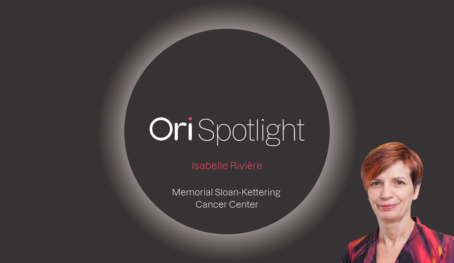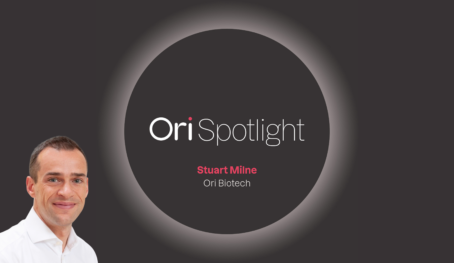Episode 21
In this special episode of the Ori Spotlight Podcast Jason C. Foster is joined by the Whitehead and Jones families. They talk about Emily Whitehead and Opie Jones’s experiences as children accessing CAR-Ts in the UK and US, how the families hope to increase public and healthcare professional awareness of CAR-Ts, and their ultimate mission to help enable widespread patient access to precision medicines.
What’s in this episode
- 01:11 – Emily’s CAR-T therapy journey
- 03:37 – Opie’s CAR-T therapy journey
- 06:15 – The criteria for CAR-T therapy treatment in the UK
- 07:23 – The US standard of care for cancer treatment
- 09:08 – Emily’s ten-year cancer-free anniversary plans and the status of CAR-T in the scientific community
- 13:37 – Lucy’s hopes for other families with children facing a cancer diagnosis
- 16:20 – Emily’s ambition to help enable widespread patient access to CAR-T therapies
- 18:38 – The awareness and approach to CAR-T therapies by healthcare professionals in the UK and US
- 26:05 – The challenges that prevent families gaining access to CAR-T therapies
- 32:23 – Tom’s hope for CAR-T therapies in the next decade

